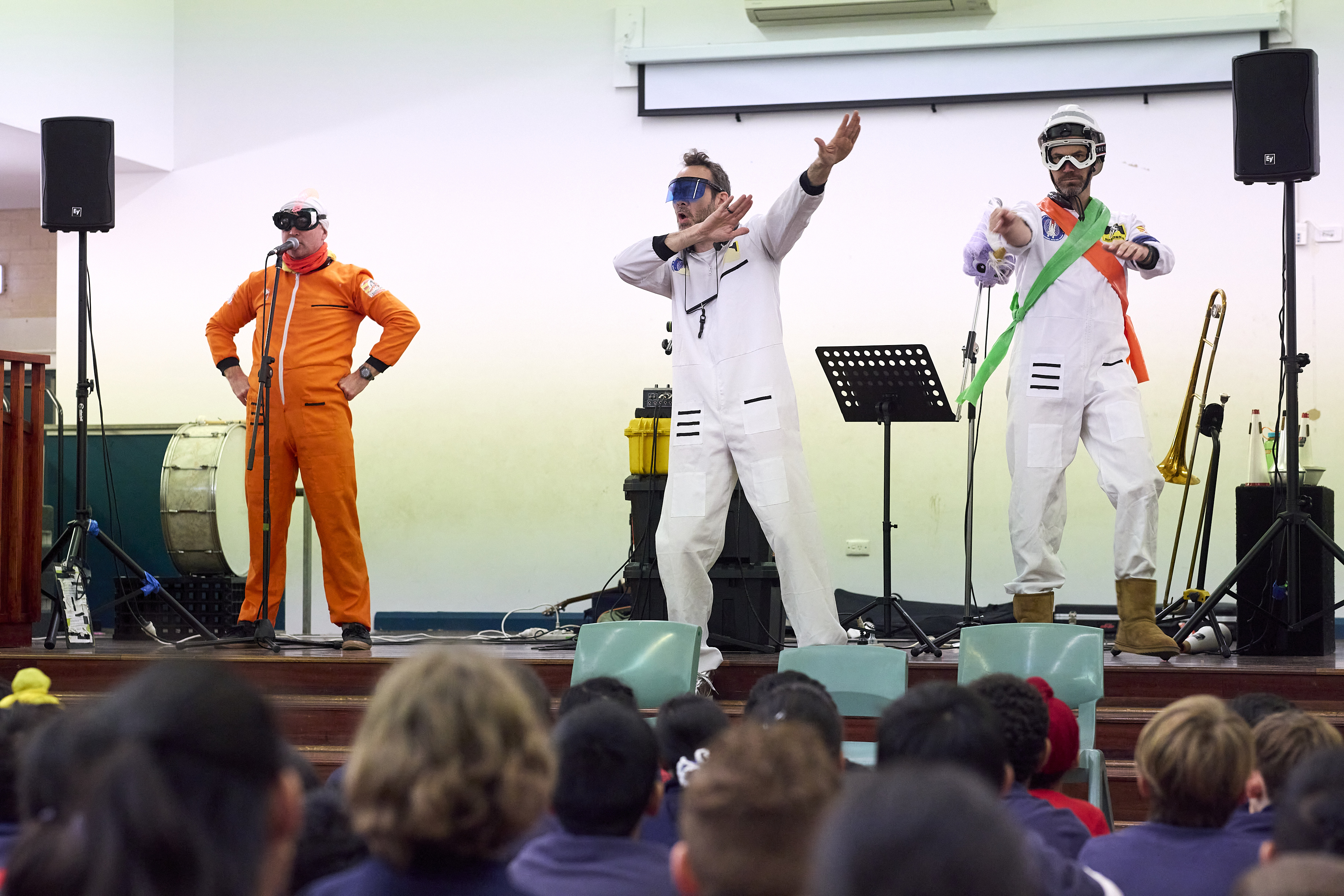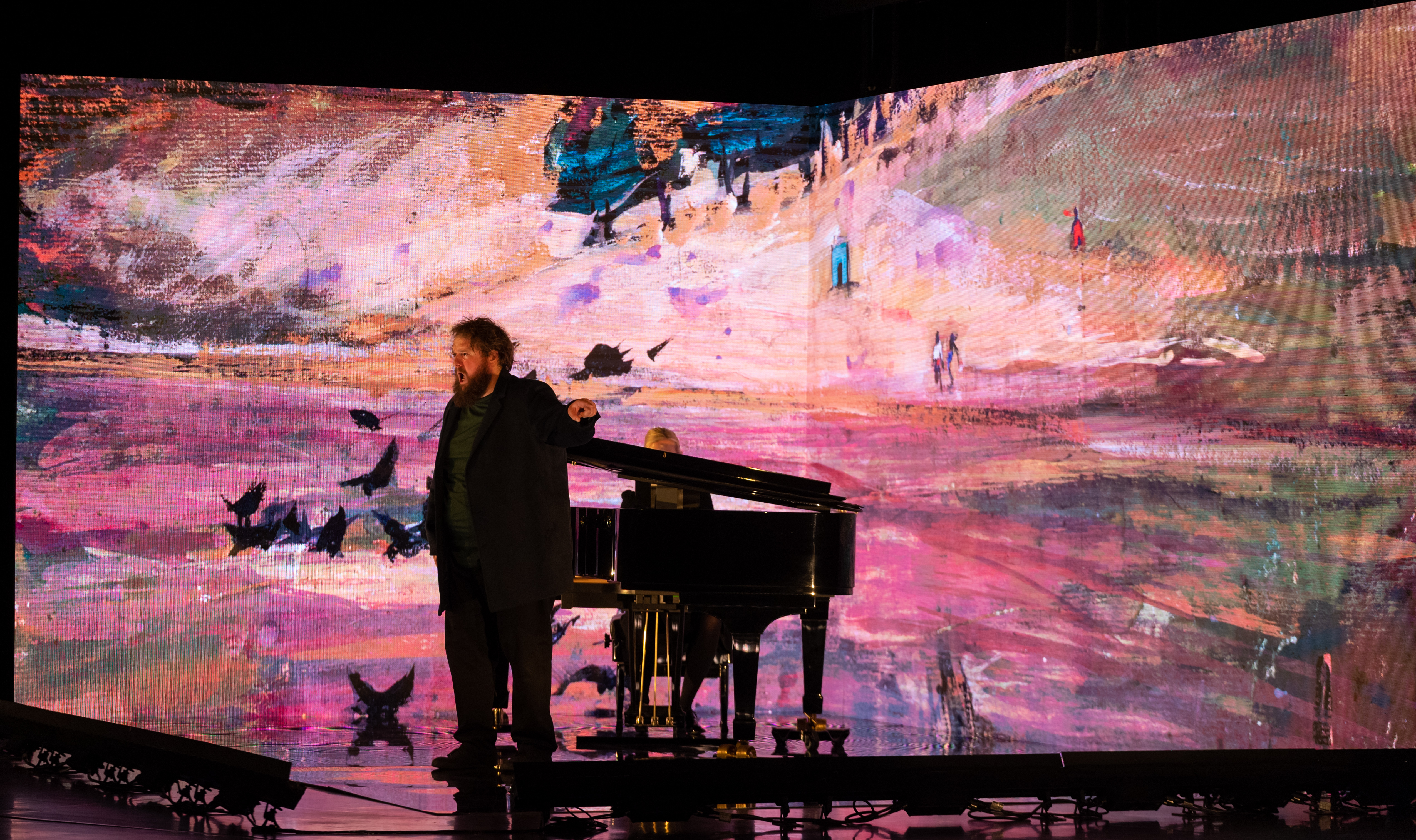No hard cell in love of music
The years that Jenny Donald spent working on her PhD in Adelaide in the late 1970s coincided with the beginning of what would become a lifelong devotion to chamber music.
By day, Jenny was working in the lab at the University of Adelaide, peering into microscopes and growing kangaroo cells from marsupial blood and skin samples.
‘We grew them in cough-medicine bottles – we couldn’t afford the fancy plastic flasks,’ Jenny recalls. ‘I mapped a couple of genes onto a kangaroo chromosome in my PhD. It seems like a modest accomplishment these days, but in those days it was cutting-edge technology.’
In the evenings, Jenny was cultivating her love of chamber music. An aunt and uncle in Adelaide were involved in the music scene, and Jenny recalls there being piles of LP records at their home and dinners with the likes of Edith Dubsky, who was for many years the honorary secretary and chief organiser for Musica Viva Australia in the city.
Jenny started going to concerts with her aunt and uncle. One that has particularly stayed in her memory was with the Sydney String Quartet.
‘They played Ravel’s String Quartet and I was completely blown away by it,’ she says. ‘I’d never heard music like that before. And that was it – I just kept going to concerts.’



